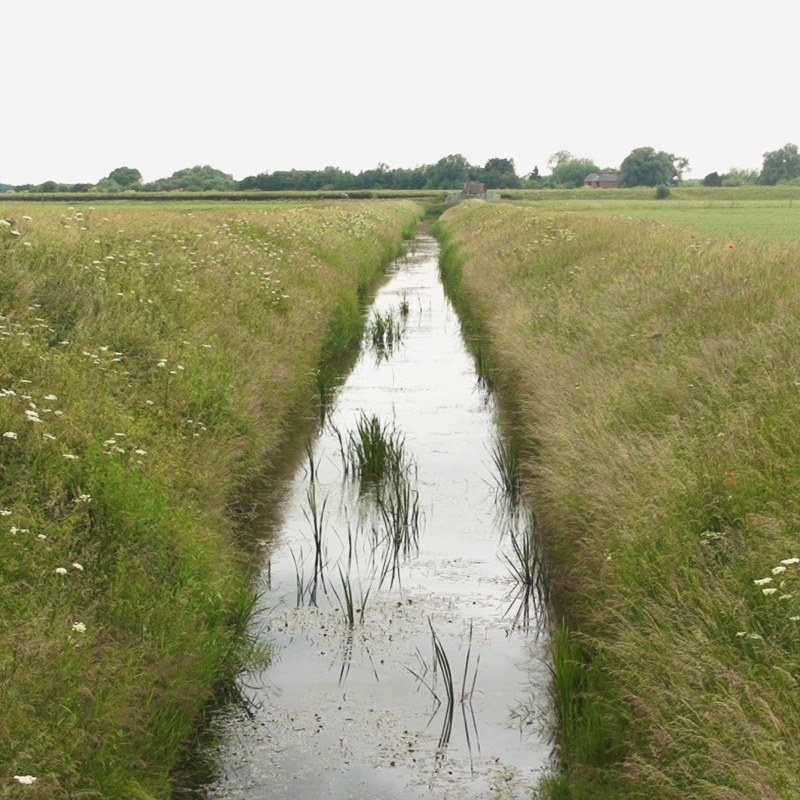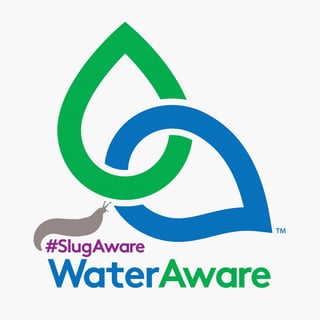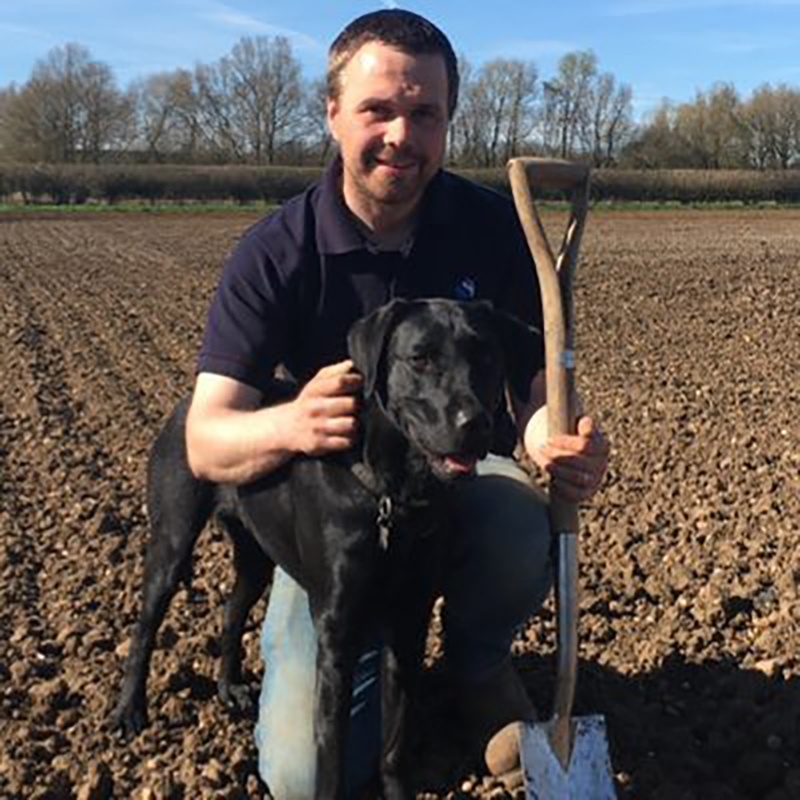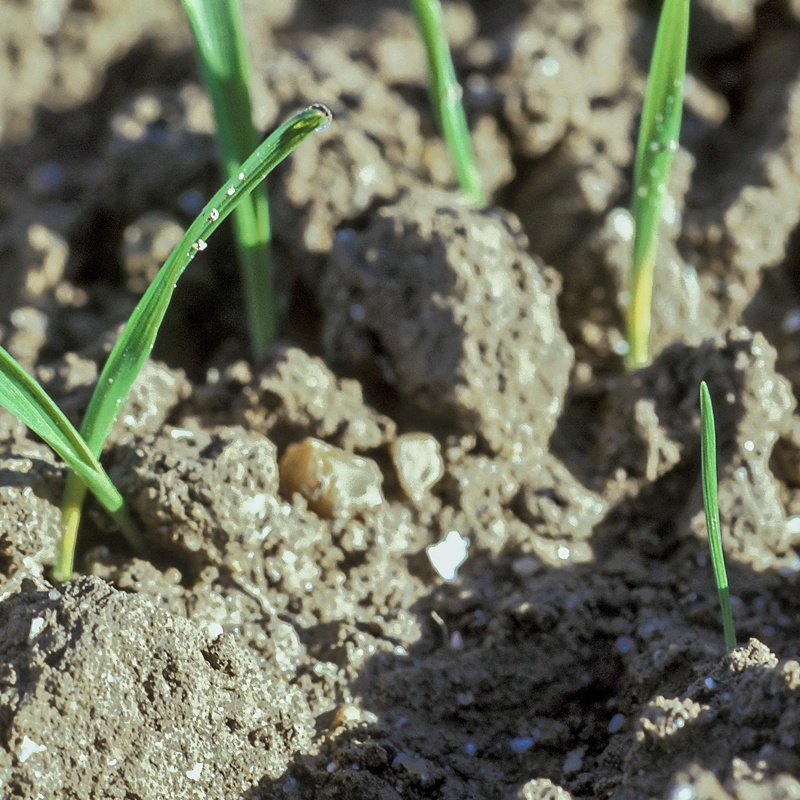2017 - Be WaterAware when spraying this autumn

With 42 percent of the 486 drinking water protected areas in England and Wales at risk from pollution by agricultural chemicals, growers must protect water quality by ensuring this autumn’s crop protection programmes are only applied when it is safe and prudent to do so.
 UK agriculture has already lost more than 70% of the active substances at its disposal since the early 1990s. Put simply, if we as an industry don’t do more to protect our natural water resources, even more active ingredients will be banned, leaving farmers to face a future with significantly restricted weed and pest control options.
UK agriculture has already lost more than 70% of the active substances at its disposal since the early 1990s. Put simply, if we as an industry don’t do more to protect our natural water resources, even more active ingredients will be banned, leaving farmers to face a future with significantly restricted weed and pest control options.
Whether it is metaldehyde from slug pellets or key weed control active ingredients, more needs to be done to prevent these and other agrochemicals from entering fresh water supplies.
It is clear that efforts to date have been insufficient to mitigate many of the non-target, water related impacts associated with applying chemicals to arable crops. The increasing trend of raw water exceedances for oilseed rape herbicides such as metazachlor, carbetamide, propyzamide and quinmerac needs to be reversed.
To protect and promote water quality, Adama urges growers not to apply chemicals when there is a risk of active ingredients being leached into running field drains, ditches or natural water courses.
Whether it is safe to apply depends on a raft of factors including field slope, soil moisture deficit, location and current and future weather conditions. Assessing these dynamics can be difficult, especially when working across a large geographical area, at multiple sites or on land with a range of soil types. For that reason, we are appealing to growers, agronomists and sprayer operators to use the free WaterAware app prior to making any applications this autumn.
The WaterAware app uses GPS positioning and data from the British Geological Survey’s MySoil-UKSO Platforms, MORECS and Met Office to spatially assimilate soil type, soil moisture deficit and slope information along with forecasted weather conditions on a field-by-field basis to advise when it is safe or unsafe to make applications. It also incorporates the #SlugAware tool which enables users to assess the risk of slug and snail activity and to target activity on an individual field basis.
By considering factors such as soil type, humidity, soil moisture, temperature, cultivation method, wind and current and previous crops, #SlugAware gives growers a low, medium or high threat of slug activity warning based on their land’s specific conditions in a given 24 to 72 hour period. Only applying pellets during low risk periods will help to protect water quality and help to extend the longevity of metaldehyde-based slug pellets such as Gusto 3.
The app is designed to prevent key active ingredients from entering and polluting raw water supplies and in doing so to avoid further regulatory restrictions.
The WaterAware app is FREE to download from Google Play for Android devices or the Apple Store for Apple devices. BASIS and NRoSO points available for using the app.
NOTE TO EXISITNG WATERAWARE APP USERS:
If you are already using the WaterAware app, please ensure you update your cropping records for the new planting season: updating your records will enable the app to make more accurate slug activity predictions based on the current crop being grown in each specific field being assessed.
 United Kingdom
United Kingdom Select country
Select country



